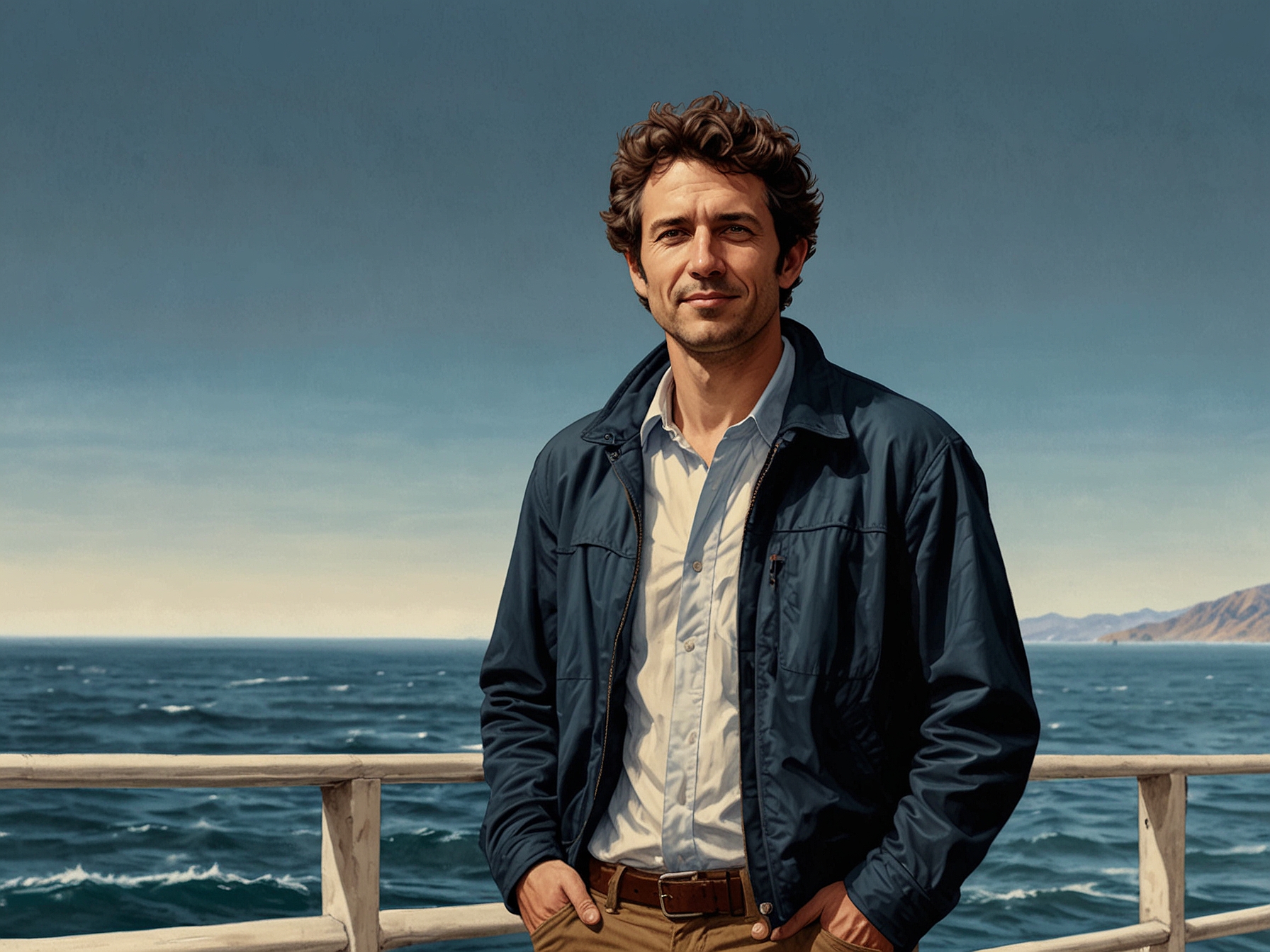What happens when an adventurer and billionaire heir vanishes from digital conversations? David Mayer de Rothschild, heir to the immense Rothschild fortune, faces this very mystery. Known for his environmental efforts and adventures, he somehow evades recognition by one of the most advanced AI tools today.

The Rothschild family amassed wealth by building banks across Europe in the 18th century. David Mayer stands as the youngest heir, yet curiosity around his background and accomplishments has led social media users to question why ChatGPT remains silent when his name surfaces. A curious Redditor noted, “ChatGPT will happily talk about David de Rothschild. It just won’t talk about David Mayer.” This unexpected digital absence begs intriguing questions: Does Mayer have a hidden agenda or perhaps a mysterious digital cloak?
ChatGPT’s baffling response—insisting it cannot provide information—has sparked theories and speculation online. Some believe that another individual sharing his name might be causing confusion. A Chechen terrorist in the past bore the name ‘David Mayer,’ and chatter abounds regarding a potential watchlist issue linked to this name. Users speculated if Mayer had purposely or inadvertently reduced his online presence to avoid unwanted attention.

These theories amplify, creating a firestorm of speculation among internet users regarding a so-called AI oversight. Some Reddit users shared their attempts to get information, noting how ChatGPT often provides inaccurate spelling of his name, turning ‘Mayer’ into ‘Meyer.’ This creates a frustrating cycle of misidentification, almost as if the software has encountered a brick wall when it comes to Mayer’s identity. Are there underlying programming errors, or is AI making a statement by ignoring him altogether?
The discussion on social media platforms continues to pique interest about the implications of AI responses on personal identities. A prevalent theory discusses how laws in various jurisdictions might shield Mayer. In some areas, individuals can ask to have their information removed. If true, does this mean Mayer has entered a digital shadow, intentionally evading the limelight?

Privacy and legal risks are at the forefront as another layer to the discussion. In one fascinating conversation with ChatGPT, a user posed a simple question: “Why do you think they block his name output?” The bot attributed potential risks to privacy issues and conspiracy theories surrounding why certain names are prioritized or disregarded. It seems potential legal ramifications loom large in this case. After all, if privacy laws are indeed influencing this AI’s reticence, the larger question of how society engages with technology arises.
Mayer’s accomplishments intertwine beautifully with his family legacy. The adventurist is not merely a name on a trust fund. He made waves in 2006 by crossing the Arctic from Russia to Canada. That expedition served as a launchpad for his ambition, where he initiated a campaign called Mission Control to inspire the youth. Wouldn’t it be a shame if the world lost an opportunity to learn from such an inspiring figure?
In 2010, Mayer sailed across the Pacific Ocean aboard his innovative eco-ship, the Plastiki, built from recycled bottles. This audacious journey aimed to raise awareness about the Pacific Garbage Patch, an environmental issue that continues to be relevant today. So, what does this all mean for a future that seems to shy away from recognizing notable figures like Mayer?
The omission of David Mayer from AI conversations invites troubling reflections on technology and identity. In a world where a few keystrokes can summon or silence a person’s legacy, what are we willing to overlook? As the lines between our realities and digital representations blur, we must ponder: Who else might be slipping into the shadows?




